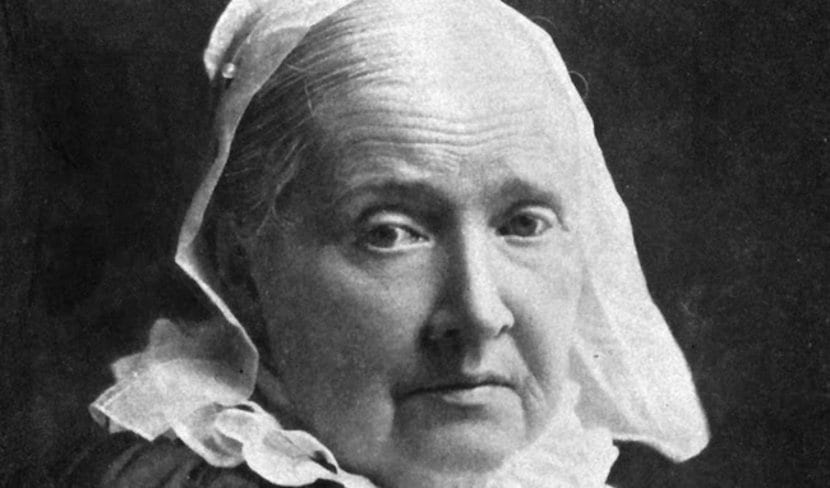
Julia Ward Howe was born in 1819 in New York. She was a well-known activist for women's rights and women's suffrage, abolitionist and writer, recognized for being the woman from whom the idea of the mother's day celebration. Although this celebration has antecedents already in mythology and classical history, the celebration of Mother's Day today has a lot to do with the history of this woman.
Although in Europe the celebration of Mother's Day is related to the Christian tradition and the motherhood of the Virgin, the influence that North American traditions and festivals have on international culture encourages us to remember the figure of this great woman, Julia Ward Howe.
Julia Ward had a difficult life. His father was a Calvinist banker. When she was very young, she was orphaned of a mother. She was educated by a liberal-minded uncle, which allowed her to study with good teachers. Julia became interested in mathematics and literature, knowing the thinking of various writers. In addition, he learned several languages. He frequented the society of New York and at the age of 20 he wrote a Literary criticism which was published anonymously in the New York literary and theological magazine.
En 1843 Julia Ward got married with the physician and abolitionist Samuel Gridley Howe (1801-1876). Despite the fact that Samuel admired Julia for her ideas and they shared the same fight against slavery, he did not allow her after marriage to live outside her home, so she was unable to participate in public causes or manage her assets. In addition to live isolated, Julia lived subdued to a violent and controlling man who threatened to take her children away if she insisted on a divorce.
While taking care of her children, she dedicated herself to her self-education, studying philosophy and history. On 1854 Julia anonymously published a collection of poems titled Passion Flowers, a verse in which she dumped her suffering and domestic unhappiness and the lack of appreciation on the part of her husband. Soon its authorship was known and her husband considered it a challenge and a betrayal, and they reached an agreement by which released from her husband's demands and secured her own income. It was then that he became more involved in writing and public life.
En 1862 Julia Ward published the poem Battle Hymn of the Republic, with which she became known, and her fame brought her even more autonomy, so her ambitions began to come true. From then on she became an active member of the women's rights movement, as well as women's suffrage.
In 1870 he wrote the Mothers Day Proclamation, an appeal to the women of the world to unite for peace and disarmament. He organized peace conferences in the United States and Great Britain. He also promoted the creation of a day dedicated to Women and Motherhood: Mother's Day, as a symbol of union and peace. But it was not successful then, although this initiative was picked up by another woman, Anna Jarvis, who managed to officially institute Mother's Day in 1914. From 1872 to 1879, Julia joined Lucy Stone and her husband Henry Brown Blackwell in editing Women's diary, weekly newspaper that the couple had founded in 1870, in Boston.
When she was widowed in 1876, Julia Ward already had a career for herself, in which she excelled as a preacher, reformer, writer, and poet.
Julia Ward traveled the world lecturing promoting Women's Rights and Educational Reform. She was the author of essays, children's fiction books, travel books, poems, a biography of Margaret Fuller (1883), and an autobiography titled Regards (1899). Some of his works did not see the light until after his death as Leonora or the world itself (1917) and Saint Hippolytus (1941)
In 1908 it was the first woman elected to the American Academy of Arts and Letters.
Julia Ward Howe died in 1910.